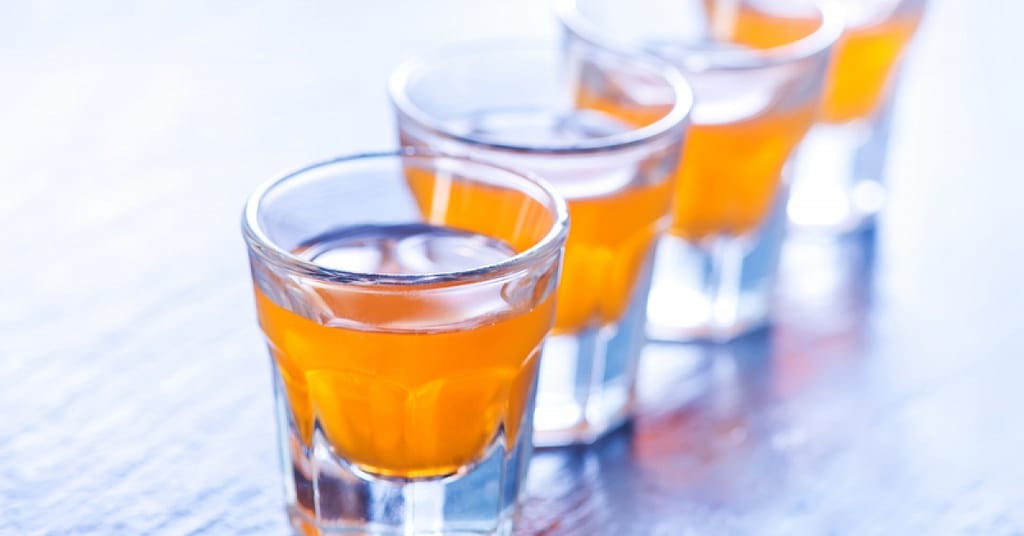(Carrick Pharmacy News) Binge drinking may increase your risk of going to the hospital for a serious heart problem, according to a new study.
This new study is the first to tie drinking heavily to going to the hospital for a heart rhythm condition called atrial fibrillation (AFib) in a large study population.
Because AFib can often be life-threatening, identifying possible risk factors for the condition remains an important concern, according to the study authors.
“Our new data suggest that acute alcohol consumption in the general population is associated with a higher risk of an episode of atrial fibrillation, including a higher risk for a first episode of atrial fibrillation among individuals never previously diagnosed with the condition,” said senior study author Dr. Gregory Marcus, a professor at the University of California, San Francisco (UCSF) and associate chief of cardiology for research at UCSF Health, in a press release. “Worldwide, alcohol is the most popularly consumed drug, and it now is clear that alcohol consumption is an important risk factor for atrial fibrillation.”
AFib is an abnormal heart rhythm that can lead to blood clots and stroke. The condition is involved in more than 158,000 deaths per year in the United States, according to the Centers for Disease Control and Prevention (CDC).
And this new research suggested that binge drinking may raise your risk of going to the hospital for AFib. To conduct this research, the study authors measured blood alcohol concentrations in more than 36,000 people and identified days when people were more likely to drink more alcohol. They then looked at hospital visits on the days they identified. On those days, the number of hospital visit for AFib was much higher.
These researchers found that many people who likely engaged in binge drinking were visiting the hospital for AFib for the first time.
“This may be kind of a wake-up call for those individuals who have an identifiable trigger for their atrial fibrillation, who we might presume would be more highly motivated to avoid alcohol consumption and subsequently to experience a lowering of their atrial fibrillation risk,” Dr. Marcus said.
If you are concerned about your alcohol consumption or heart health, speak with your health care provider.
This study was published in the journal Nature Cardiovascular Research.
The study authors disclosed no outside funding sources or potential conflicts of interest.



